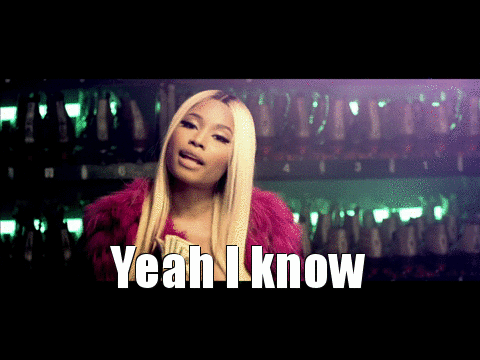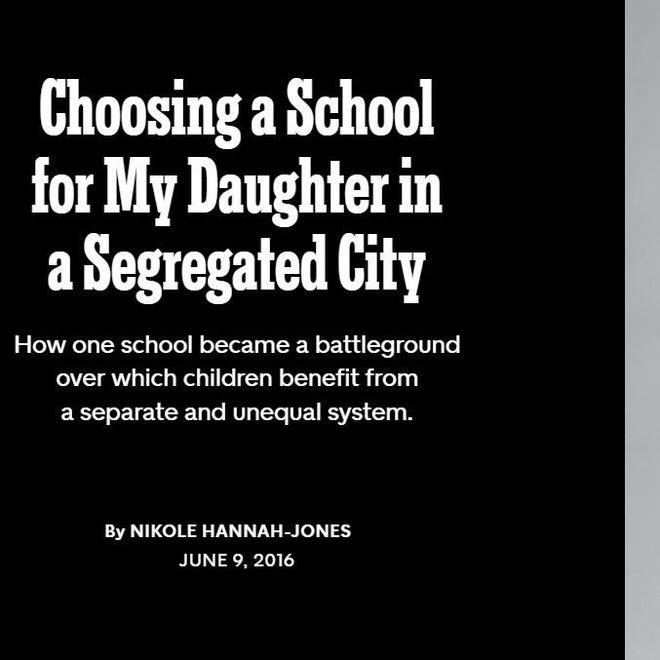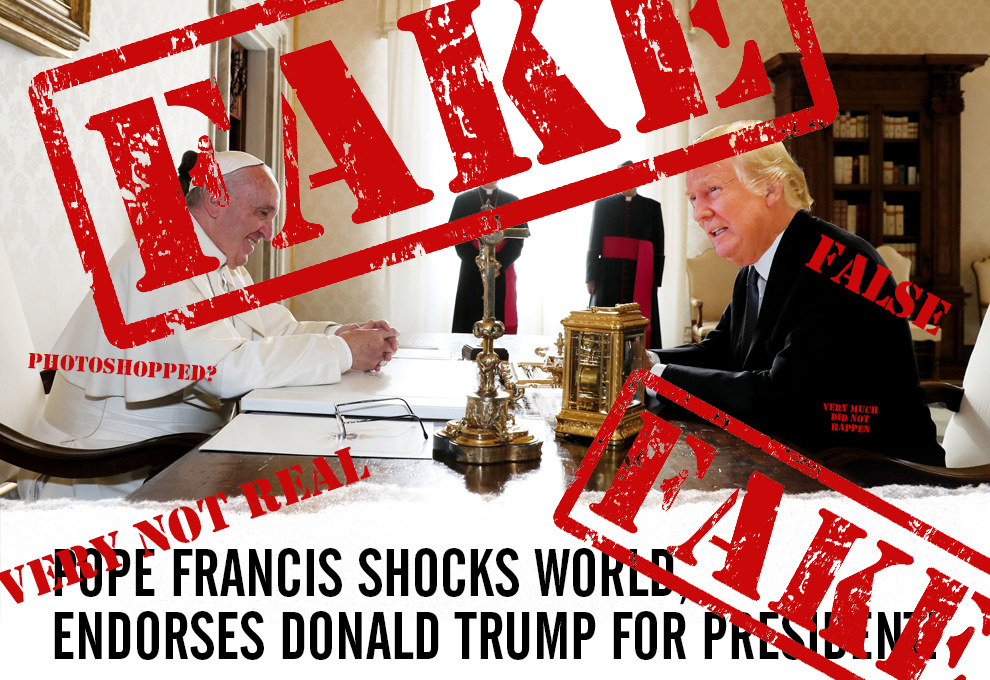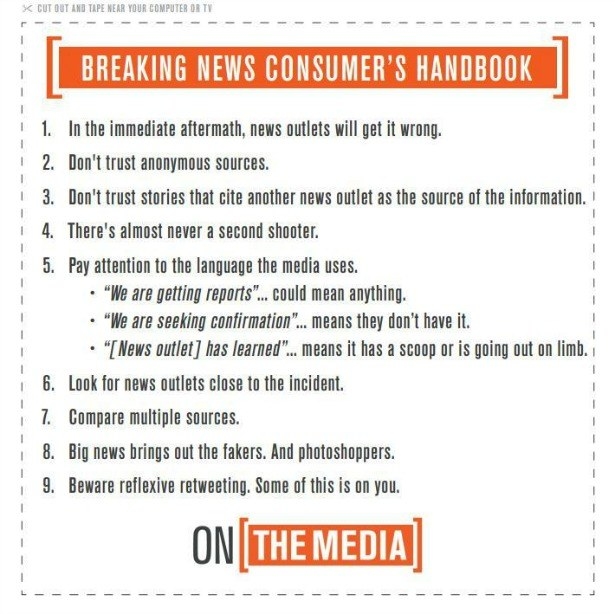11 Ways To Up
Your Media Literacy Game
Joy Reid, MSNBC host of AM Joy joined BuzzFeed’s Another Round podcast to talk media literacy, Elmo and… well, what a time to be alive, you know?
She also shared her experience of President Trump’s inauguration, President Obama’s media legacy and gave us some great advice for keeping your eyes on the facts.
Facts are having a rough time at the moment.
In a media environment that makes it hard to know what is true, here are some best practices from Joy Reid and the Another Round team to keep you awake and informed:
1. Verify. Clarify.
“I’m big on multiple sources of information. You can’t just believe one source that you read. You need to read backup sources.” Joy says that If you read something and it checks out with *multiple* reputable news sources, then it’s probably true.
2. Know your sources.

For an added layer of analysis, take into consideration where on the liberal-conservative bias spectrum
your news sources lean. Understanding the orientation of your sources
for information can help you to understand how stories are framed. Try
to read a wide range of work so you can understand more than one side of an issue.
3. Inform yourself with the work of investigative journalists.

If you find yourself near a TV or follow lots of news on Twitter, it may seem like the sky is falling. All. The. Time. That’s a lot for anyone’s blood pressure, so try to develop a process for responsibly consuming news when it breaks to minimize contributing to the social media chaos. And follow On The Media’s excellent advice so you don’t move too fast and then feel like a dope as news is breaking.
5. Tweet responsibly.

Don’t just retweet unverified information or things you haven’t even read. Know what information you are sharing to avoid helping to spread misinformation. And remember: once untrue information goes viral it’s hard to undo the false message.
6. Know your blind spots and biases, fact check, then trust your judgment.

“At a certain point, people who talk about authoritarianism are going to sound crazy,” says Joy. “You’re going start to feel crazy, there’s a gaslighting that starts to happen in these regimes where you start to think you’re going insane. The bad things you see are really happening. Don’t panic, but believe it.” But as these things happen, make sure you follow up with a fact check.
7. Study up on current authoritarian regimes.

I.e., Russia. “The regime that we should most be studying and American should be reading up on is the current authoritarian regime in Russia,“ says Joy. Because Trump, in a lot of ways is emulating Vladimir Putin, who came back to power in 2011—who, oddly enough— by throwing a sex tape out on a rival of the then-president of Russia.”
8. Consider the relationship between media, power and politics.
Joy says that now, more than ever, sources and leaks within the
government will be important for a free press. “Having relationships is
not the way that you’re going to get the facts and information,” she
says. “ You need sources, you need leaks, people to talk internally.
This is going to become very dangerous for people in the government.”
Start with the free pdf of the Hannah Arendt book above!
9. Twitter *can* be a great source for news.
But you have to do the work of curating the information you consume, such as making customized twitter lists.
“If you follow good people, you’ll get good stuff,” Joy says. “It’s
easy to economize your reading,” she says, adding that she finds new
people to follow by looking at the feeds of people she already trusts.
This list of political journalists to follow may be a good place to start.
10. But Facebook has some work to do, so be wary of your feeds.
"people who cite Facebook as a major source of news are more likely to view fake news headlines as accurate"

Most Americans Who See Fake News Believe It, New Survey Says
An exclusive Ipsos poll conducted for BuzzFeed News found that 75% of American adults who were familiar with a fake news headline
 Try to have a well-rounded media diet to help keep some perspective. No
one outlet is going to tell you everything you need to know, so reach
beyond your circle as much as you can. And take breaks! Be sure to give
yourself respite from the endless stream of information by taking time
to relax, kick it with some movies, binge watch your fave show…listen to
fun podcasts or maybe even go outside. It’s okay to take a break.
Try to have a well-rounded media diet to help keep some perspective. No
one outlet is going to tell you everything you need to know, so reach
beyond your circle as much as you can. And take breaks! Be sure to give
yourself respite from the endless stream of information by taking time
to relax, kick it with some movies, binge watch your fave show…listen to
fun podcasts or maybe even go outside. It’s okay to take a break.
https://www.buzzfeed.com/anotherround/11-ways-to-say-no-fake-news?utm_term=.tynkZK23JV#.fmaXEBKbWA

































No comments:
Post a Comment